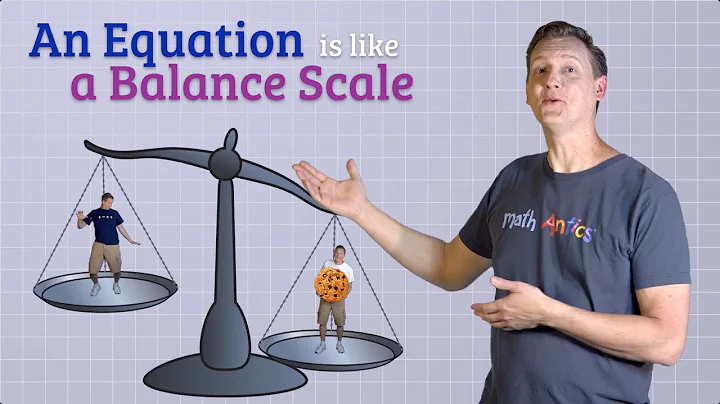
Analysis: u^2-1≥0, u^2≥1, u≥1 or u≤-1
u-1≥0, u≥1; u≥0
∴u≥1
Solution: ∵u≥1
The original equation can be Becomes: √ (u^2-1) + √ (u-1) = √u^3
∵√u^3≥1
∴ The same equation on both sides of the equation is ÷√u^3:
√ (1/u- 1/u^3) + √ (1/u^2-1/u^3) = 1
Let √ (1/u-1/u^3) = a (a≥0), √ (1/u^ 2-1/u^3)=b(b≥0)
∴a+b=1…①
Another: a^2-b^2=1/u-1/u^2=(u-1)/ u^2…②
∴(a+b)(a-b)=(u-1)/u^2…③
Substitute ① into ③ to get: a-b=(u-1)/u^2…④
①+④ to get: 2a =(u^2+u-1)/u^2
a=(u^2+u-1)/2u^2…⑤
√(1/u-1/u^3)=(u^2+u- 1)/2u^2
∴(u^2-1)/u^3=(u^2+u-1)^2/4u^4
∴4u^3-4u=(u^2+u-1) ^2
∴4u(u^2-1)=[(u^2-1)+u]^2
∴4u(u^2-1)=(u^2-1)^2+2u(u^2 -1)+u^2
∴(u^2-1)^2-2u(u^2-1)+u^2=0
∴[(u^2-1)-u]^2=0
∴u ^2-u-1=0
∴u1=(1+√5)/2,
u2=(1-√5)/2 (∵u≥1, ∴ discard)
∴The solution of the original equation is: u= (1+√5)/2





















